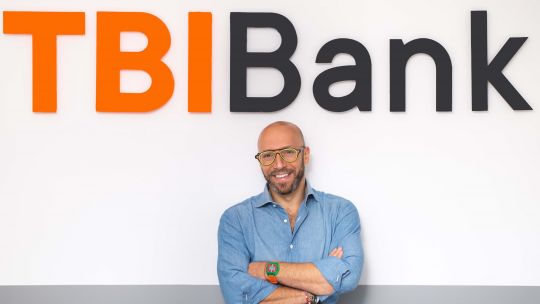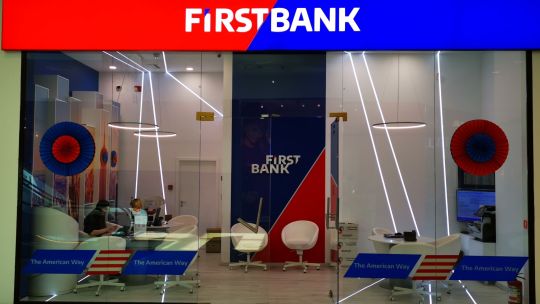Mai multe despre:
About
Articole similare





ING Bank, măsuri de sprijin pentru Ucraina
11 March 2022 | Alexandru Ardelean

Alpha Bank Romania lansează 3 fonduri ESG
23 March 2022 | Team

ING Bank continuă IMM Invest și lansează Agro IMM Invest 2022
25 March 2022 | Team

OTP Bank are o strategie nouă, ce integrează angajamentele ESG
31 March 2022 | Team





